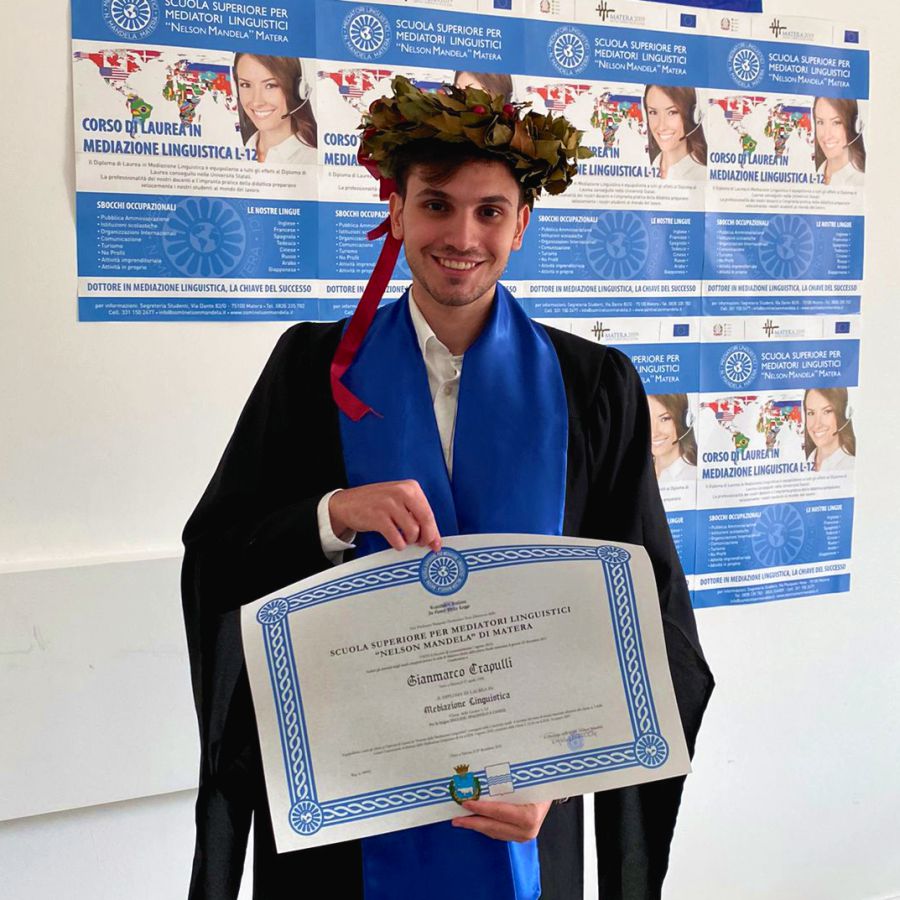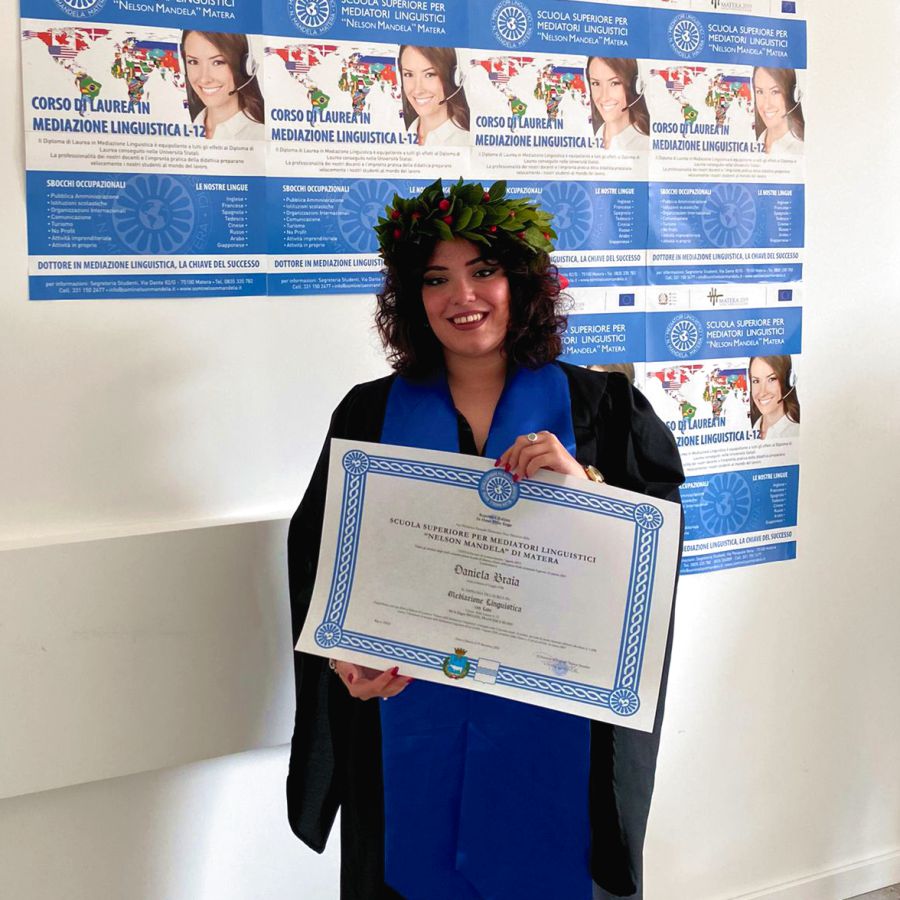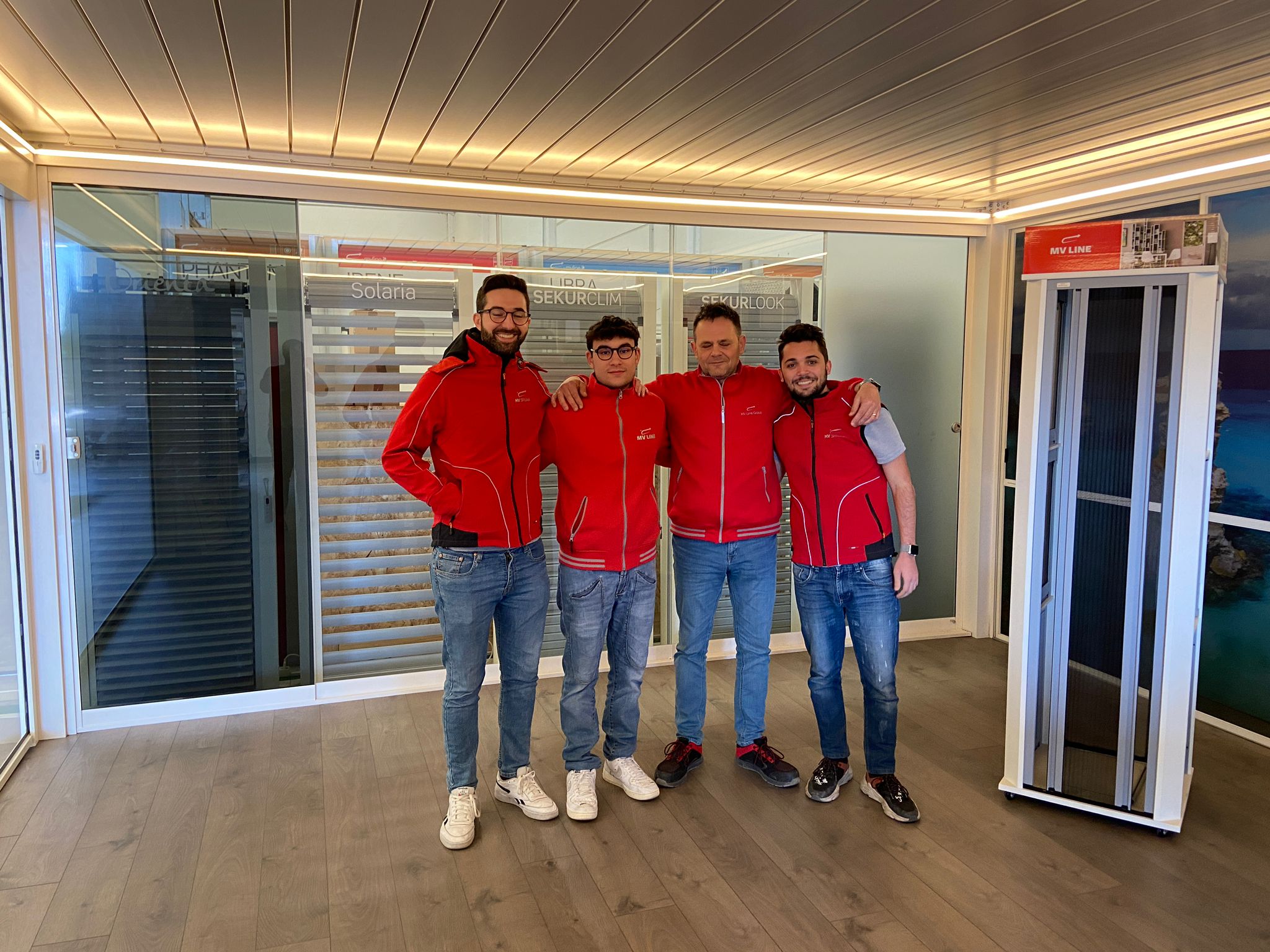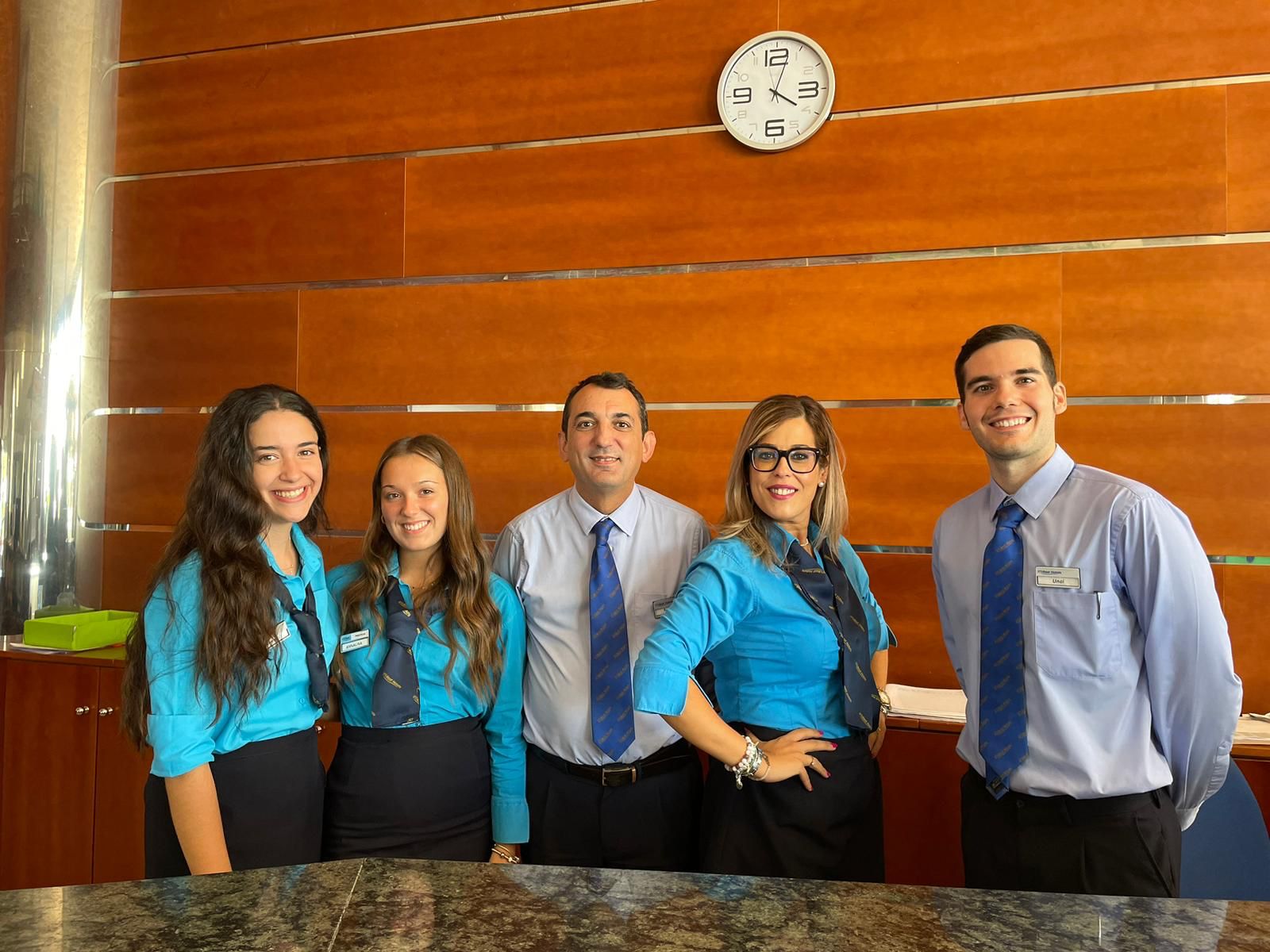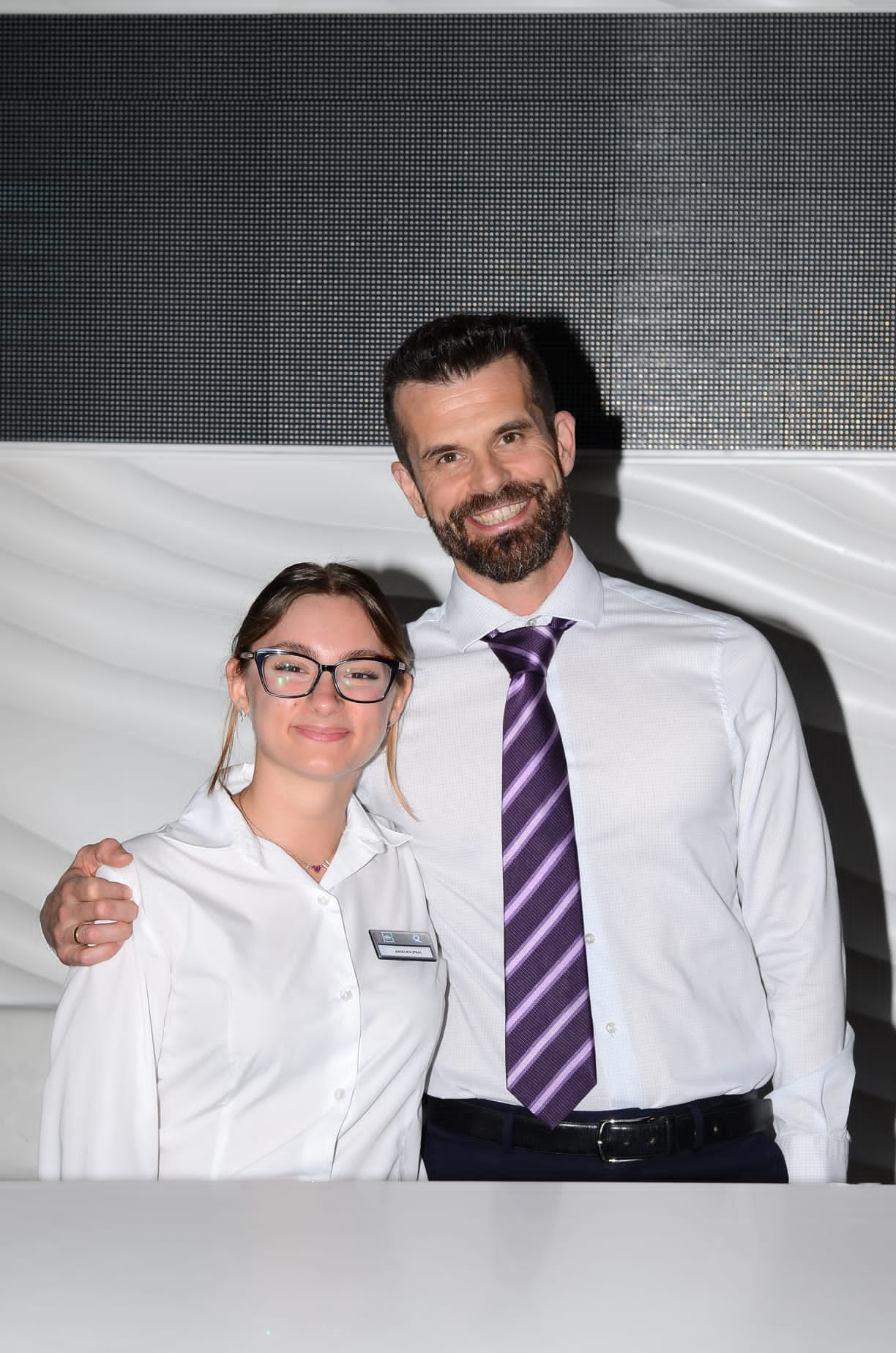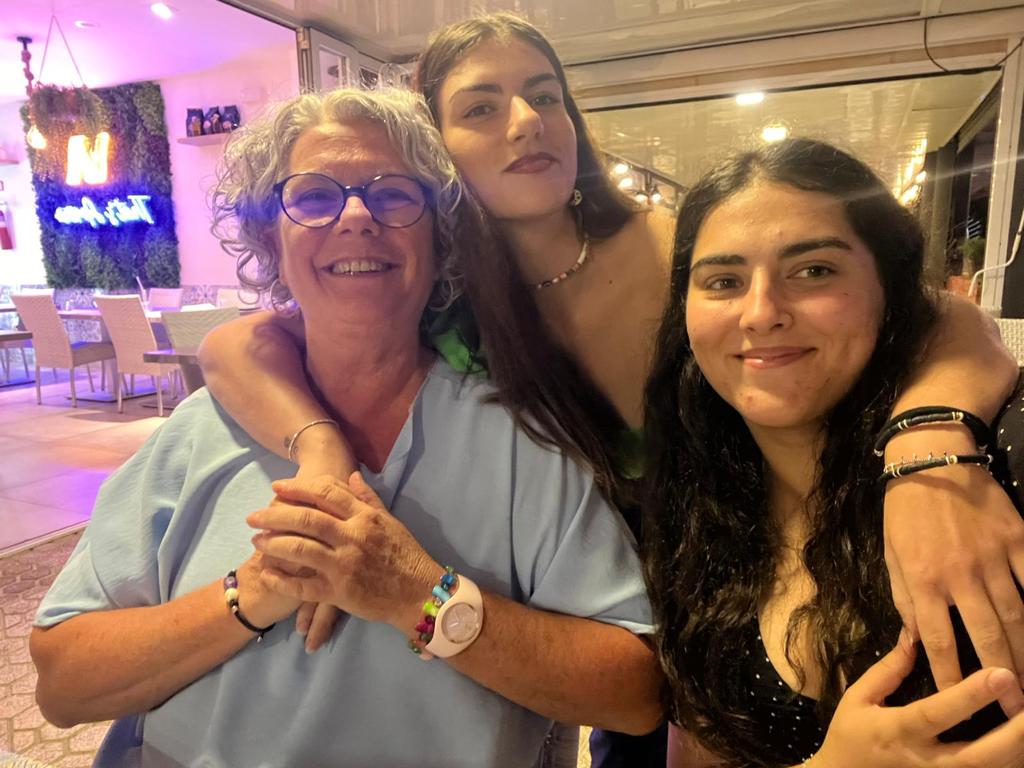Bachelor of Arts in Language Mediation Studies - L-12
The Nelson Mandela University for Linguistic Mediators was established by the Ministry of Education, University and Research by Decree n. 1928 dated 08/07/2015, Official Journal dated 08/20/2015. The University is authorized to establish bachelor’s degree courses in Linguistic Mediation and to issue the EQUIVALENT QUALIFICATION TO THE BACHELOR’S DEGREE IN SCIENCES OF LINGUISTIC MEDIATION, L-12 class.
The Bachelor’s degree in Linguistic Mediation issued by the Nelson Mandela University for Linguistic Mediators is equivalent for all legal purposes to the Bachelor’s degree obtained in State Universities at the end of the courses relating to class 3 of the university degrees in Linguistic Mediation referred to the ministerial decree 4 August 2000, replaced by the L-12 class referred to the ministerial decree of 16 March 2007.
The qualification issued is valid both in Italy and abroad
The Degree Course in Linguistic Mediation, lasting three years, for a total of 180 university credits, allows the student to acquire high-level linguistic training, both oral and written, in three foreign languages, in addition to Italian, and the technical-scientific skills necessary for the emerging professional profile of Linguistic Mediator.
Languages of study
The Nelson Mandela University for Linguistic Mediators has activated 8 curricular foreign languages:
4 European languages:
- English
- French
- Spanish
- German
4 non-European languages:
- Chinese
- Russian
- Japanese
- Arabic
You can choose the languages you want to study, English as first language; French, German or Spanish as second language, Chinese, Japanese, Russian or Arabic as third language. The three languages are curricular, so will not be required to pay any additional fees to study three foreign languages.
Other curricular languages may be activated upon request of a suitable number of students.
Nelson Mandela University for Linguistic Mediators language courses follow the levels of linguistic knowledge, incoming and outcoming, of the CEFR (Common European Framework of Reference). The tables below show the levels of linguistic knowledge at the start and at the end of the course of study:
For the Chinese language the reference is HSK (Hanyu Shuiping Kaoshi), the Chinese language certification developed by Hanban, compared to the linguistic levels required by the CEFR.
For the Russian language, the linguistic level foreseen in the TORFL framework (Test of Russian as Foreign Language) is used, compared to the equivalent linguistic level of the CEFR.
For the Japanese language the reference framework is the JLPT, Japanese Language Proficiency Test, or Nihongo Nōryoku Shiken.
For the Arabic language there is not a specific reference framework. Therefore, the indicated level is offered by the CEFR.
Quality of didactic activity
All the learning activities provided during the Degree Course in Linguistic Mediation (lessons, exercises, etc.) have a high-quality level and are professionalising. Most professors of the linguistic disciplines are native speakers, professional and certified interpreters and translators, and the classes have a limited number of maximum 25 students.
Furthermore, the Nelson Mandela University for Linguistic Mediators activates simultaneous, consecutive, liaison and conference interpreting labs, and computer labs applied to translation and interpreting. Our students have access to the Teaching Platform, which is constantly updated and enriched with training material, and to an online library catalogue.
Educational objectives
The theoretical and practical study of Linguistic Mediation provides the proper tools to acquire the skills and competences required in the professional field.
In particular, the integration of an adequate mastery of general scientific methods and contents with the acquisition of specific professional knowledge in the linguistic field allows to end the course of studies with a knowledge and a Bachelor’s degree which allows direct access to the world of work.
At the end of the degree course the students will:
- have a solid linguistic basis in at least two languages, in addition to Italian;
- have good linguistic and technical skills – oral and written – supported by an adequate metalinguistic framework;
- have specific knowledge related to the structure of natural languages and an adequate basic training in linguistic analysis methods;
- have knowledge in the economic, legal, historical-political, geographical-anthropological and literary fields;
- be able to use communication and information management tools;
- have adequate knowledge of different areas of work peculiarities (public institutions, productive, environmental companies, etc.) in relation to the vocation of the territory and its possible evolutions, also at a multilingual level;
- have an adequate mastery of the translation activity, for the purposes of linguistic mediation of written and multimedia texts, of texts relating to business activities or relevant authorities and institutions;
- have adequate multilingual interpretation skills; the final test will also check the skills relating to focused linguistic mediation.
Professional opportunities for the Linguistic Mediator:

PUBLIC ADMINISTRATION
The Linguistic Mediator mediates between different languages, or translates (legal, administrative or other texts) and interprets in conference, parliamentary, embassy and consulate venues.

COMPANIES
In the business sector, i.e. within companies,
the Linguistic Mediator can work as coordinator of international working groups, translator of specialised languages, editorial and/or scientific translator, etc.

COMMUNICATION
The Linguistic Mediator is highly sought by international, information and service agencies, in the publishing industry, on radio, television and web publications, also as an expert and consultant/adaptor of new languages.
OWN BUSINESS
As a Linguistic Mediator, linguistic consultant, translator and freelance interpreter in various business and administrative situations that need to deal with other countries and/or with foreign staff.
Any questions?







